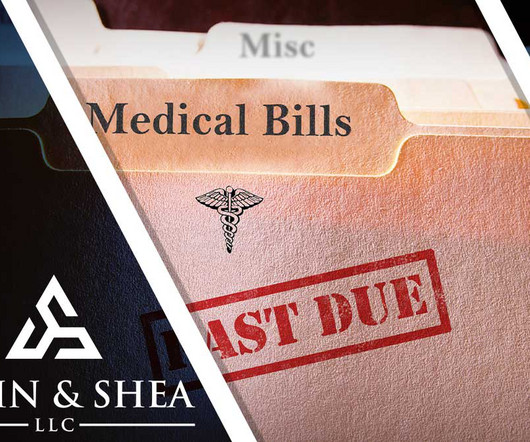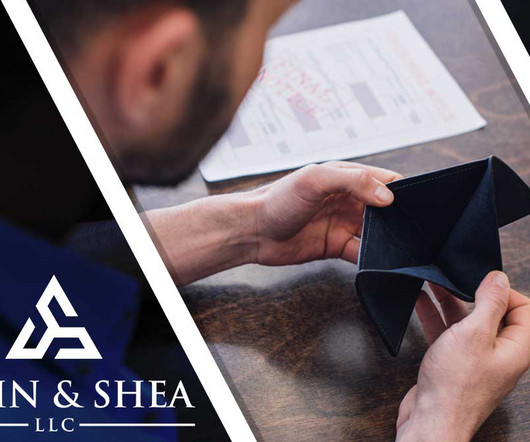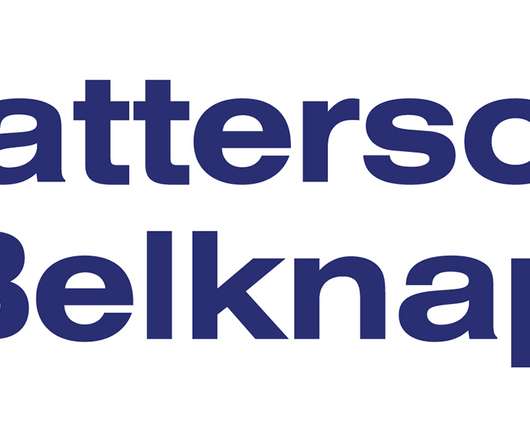Debtor Allowed to Make Voluntary Contributions to Retirement Fund While Repaying Creditors
ABI
JANUARY 13, 2022
American Bankruptcy Institute Law Review Staff. . In In re Marlena Joy Pizzo , the United States Bankruptcy Court for the District of South Carolina held that a debtor may voluntarily contribute to her retirement plan while paying creditors under a bankruptcy plan. [1] 6] The court referred to 11 U.S.C. 1325(b)(1)(B)). [8]



















Let's personalize your content